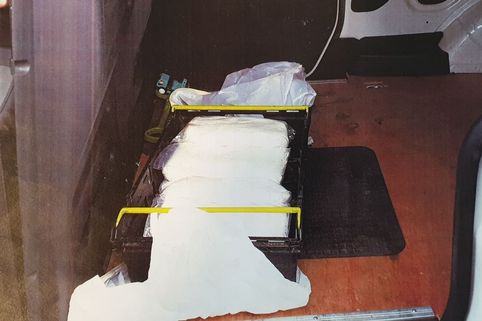
With the start of the new school year, parents across the land will be trying to re-establish a good sleep routine for their youngsters.
But just how much sleep do our little ones need?
Experts say children of different ages need different amounts of sleep.
The Great Ormond Street Hospital says having good sleep hygiene can help your child both to settle and stay asleep, and there are several things that parents can do to aid this.
It says the American Academy of Sleep Medicine (AASM) produced a ‘Consensus Statement’ in 2016 highlighting recommended amounts of sleep for children.
The figures below give an indication of the amount of sleep your child needs on a regular basis to promote optimal health:
- Infants 4 to 12 months – 12 to 16 hours of sleep, including naps
- Children 1 to 2 years – 11 to 14 hours of sleep, including naps
- Children 3 to 5 years – 10 to 13 hours of sleep, including naps
- Children 6 to 12 years – 9 to 12 hours of sleep
- Teenagers 13 to 18 years – 8 to 10 hours of sleep
The hospital also gives advice, which you can read , on how to help your child get settled. Tips include limiting their caffeine intake – a substance present in cola, energy drinks and fizzy pop – avoiding a large meal before bedtime and encouraging regular exercise.
Sleep deprivation is known to affect everything from a child’s attention span to their planning and problem-solving skills and behaviour, according to The Sleep Council.
Parents are advised to re-establish their child’s regular sleep routine a week before they go back to school.
Lisa Artis, a certified children’s sleep practitioner, said: “Sleep deprivation affects every aspect of a child’s life, from friends and family relationships to school performance and their general mood.
“So, by ensuring they get plenty of good quality and quantity of sleep each night, parents can really help their child fulfil their potential.
“Children form their memories best during sleep – those who sleep well at night will remember the previous day’s lessons better than children who don’t get enough sleep.”
You can find more advice from The Sleep Council .






